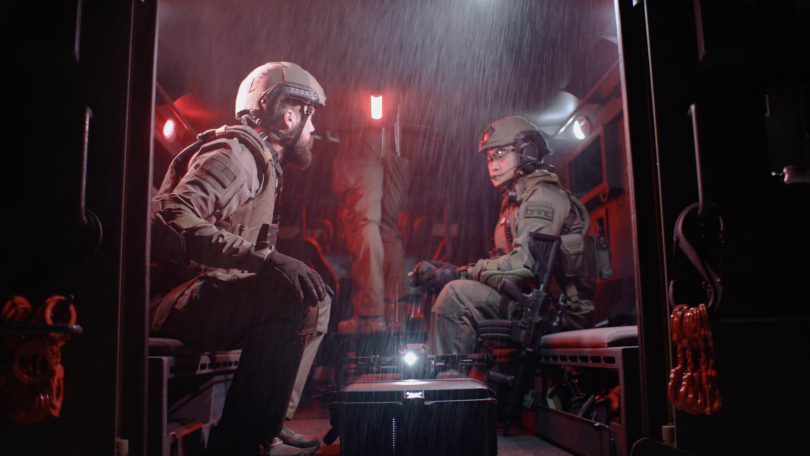
BRINC LEMUR 2 Drone Advances First Responder Capabilities with New Features
First responders in Surfside, Florida called Blake Resnick in June 2021 when a condominium building partially collapsed. As BRINC's CEO and founder, Resnick deployed the LEMUR drone to help evaluate the building's stability and manage the recovery mission.
Since then, BRINC has supported emergency responses worldwide, including donating 50 LEMUR systems to Ukrainian emergency responders and assisting Turkey's earthquake response efforts in early 2023. From its humble beginnings in 2018, BRINC has grown to support 400 public safety agencies globally with a 100-person team.

Presentation slide showing AI model comparison
The Las Vegas mass shooting in October 2017 inspired Resnick to develop technology for first responders. After meeting with SWAT team members, he recognized the need for a tool providing safe visual and audio access to dangerous situations. This led to the creation of the LEMUR drone in his mother's kitchen.

Person presenting at a business meeting
Early testing with Las Vegas Metro SWAT shaped the drone's development. After initial setbacks, including a memorable demonstration where an officer knocked the drone down, Resnick redesigned the LEMUR to be more resilient and practical for real-world scenarios.

Flowchart showing artificial intelligence applications
The new LEMUR 2 introduces significant technological advances:
- Position hold capability in GPS-denied and zero-light conditions
- 3D point cloud generation for building layout visualization
- Smart-speed obstacle awareness
- Mesh-networking capability for extended range and signal penetration
- LiDAR-powered navigation
- U.S.-sourced components and domestic manufacturing
These features enable more effective emergency response operations, particularly in complex environments like large buildings and subterranean spaces.
Related Articles

COVID-19 Airline Safety Measures: Essential Guide to Travel Policies
